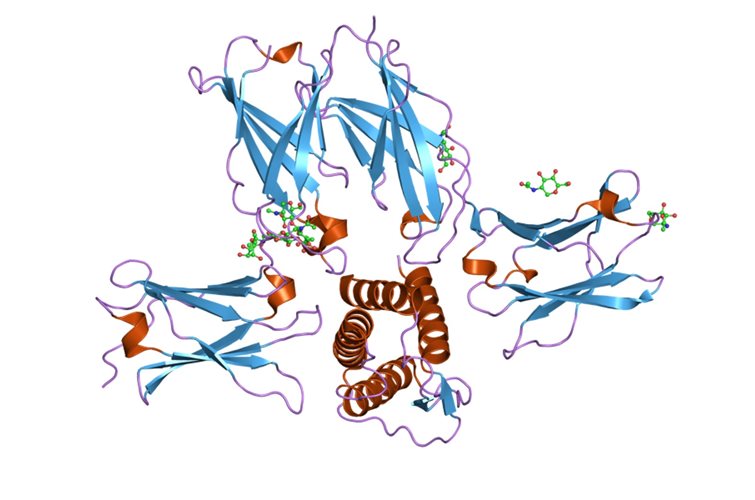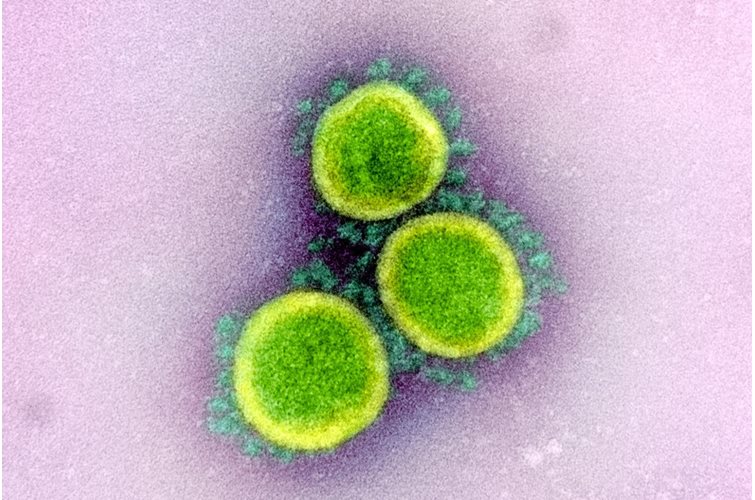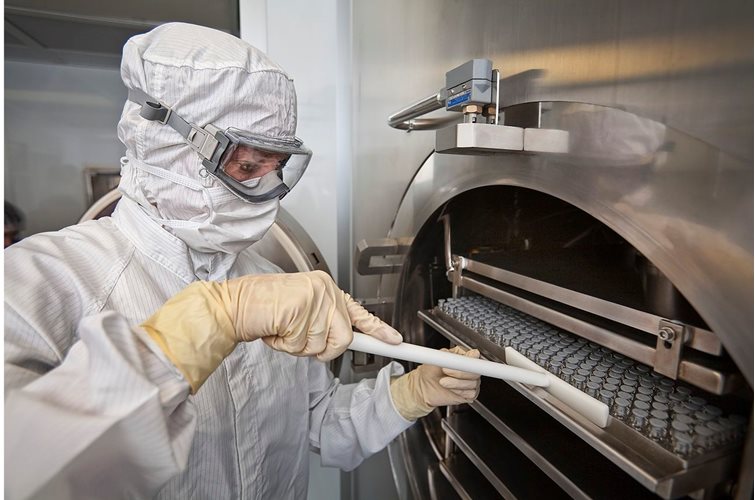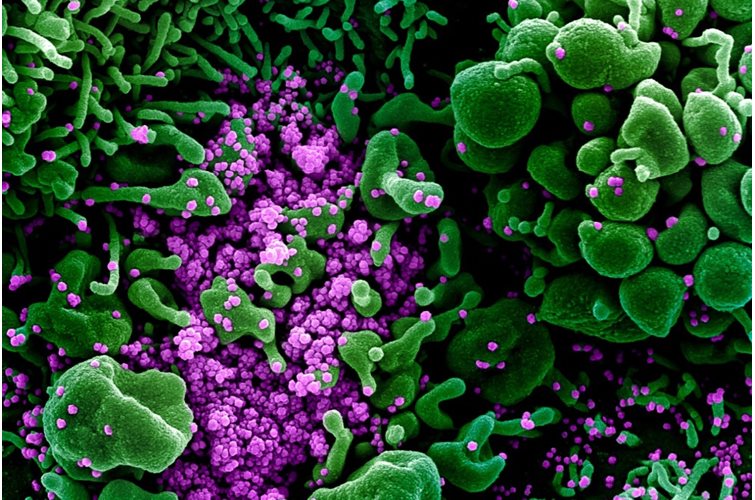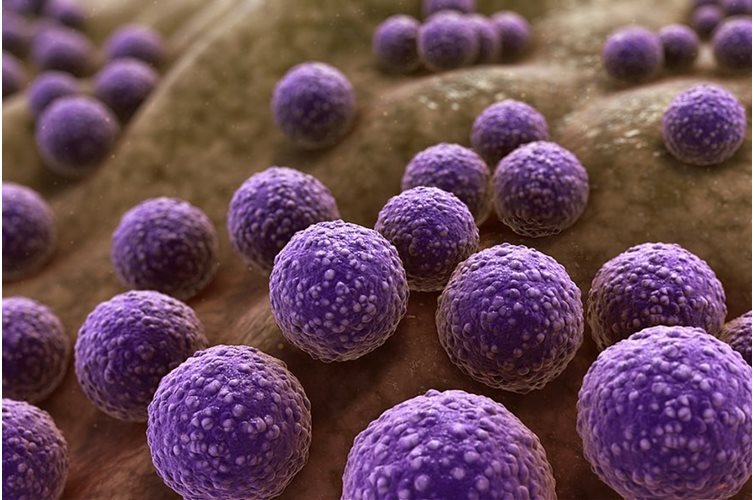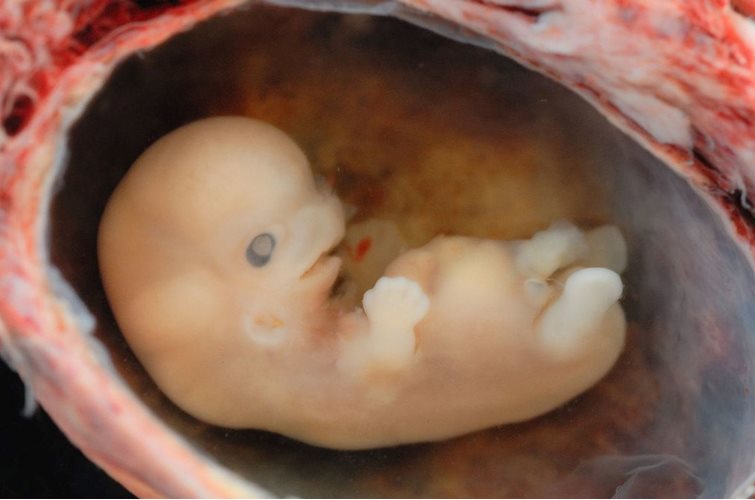Peptides set to power a drug revolution
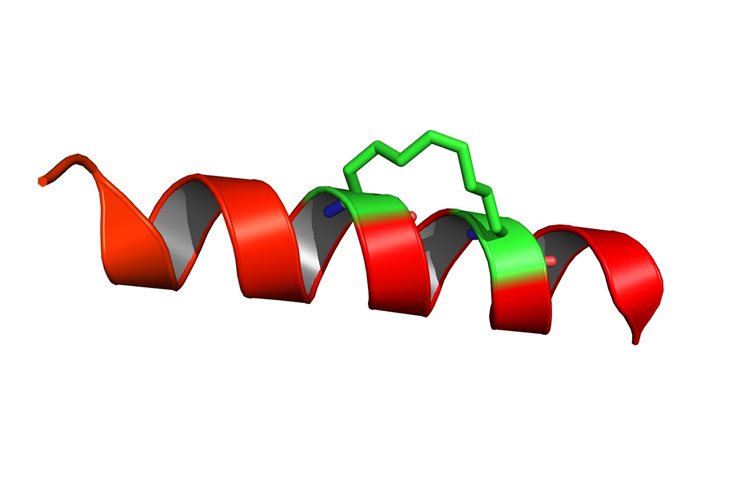
Among the five classes of therapeutics, peptides represent a unique niche of pharmaceutical compounds within the protein class. The excitement surrounding peptide therapy arises from their distinct physical and biochemical features that present an opportunity for therapeutic intervention that can specifically target a wide range of cells and manipulate their response on a molecular level. However, challenges around their pharmacokinetics, notably poor stability have hampered more widespread use. Addressing these issues will release a new wave of drugs for urgent medical challenges such as anti-microbial resistance.




